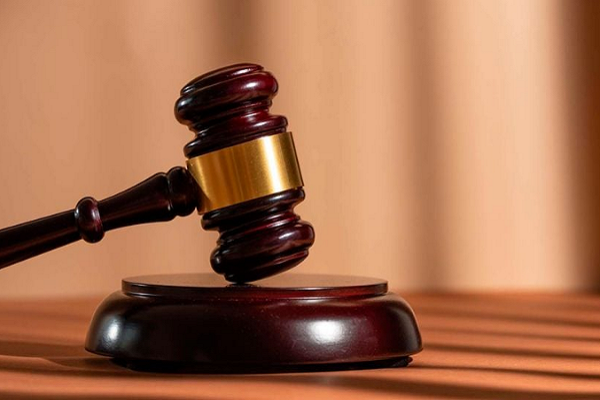AhlulBayt News Agency: The Oshwali Academy in Kenya has been ordered by the High Court to allow Muslim students to perform noon prayers within its compound.
Justice James Wakiaga concluded that a policy introduced by the school in January 2019 over alleged security concerns violated the right of Muslim learners to religion, education and the right not to be discriminated against, and placed them at a disadvantage among the other learners.
The management of the school defended the rules, arguing it sought to encourage integration and cohesion among learners to promote quality.
Oshwal Academy added that the aim of the guidelines was to disallow any manifestation of any religion and that it was acceptable to a majority of parents and opposed by a few.
But the judge said while the right to religion under Article 32 of the Constitution is not absolute, any limitation must be in accordance with the supreme law.
The case was filed by a former parent of the school who sought to protect the fundamental right to education and free exercise of religion by Muslim students through obligatory prayers as required under the Islamic faith.
Mohamed Khan said he filed the petition on behalf of Muslim learners, challenging the school’s decision to ban them from praying within the school compound.
/129
Justice James Wakiaga concluded that a policy introduced by the school in January 2019 over alleged security concerns violated the right of Muslim learners to religion, education and the right not to be discriminated against, and placed them at a disadvantage among the other learners.
The management of the school defended the rules, arguing it sought to encourage integration and cohesion among learners to promote quality.
Oshwal Academy added that the aim of the guidelines was to disallow any manifestation of any religion and that it was acceptable to a majority of parents and opposed by a few.
But the judge said while the right to religion under Article 32 of the Constitution is not absolute, any limitation must be in accordance with the supreme law.
The case was filed by a former parent of the school who sought to protect the fundamental right to education and free exercise of religion by Muslim students through obligatory prayers as required under the Islamic faith.
Mohamed Khan said he filed the petition on behalf of Muslim learners, challenging the school’s decision to ban them from praying within the school compound.
/129

